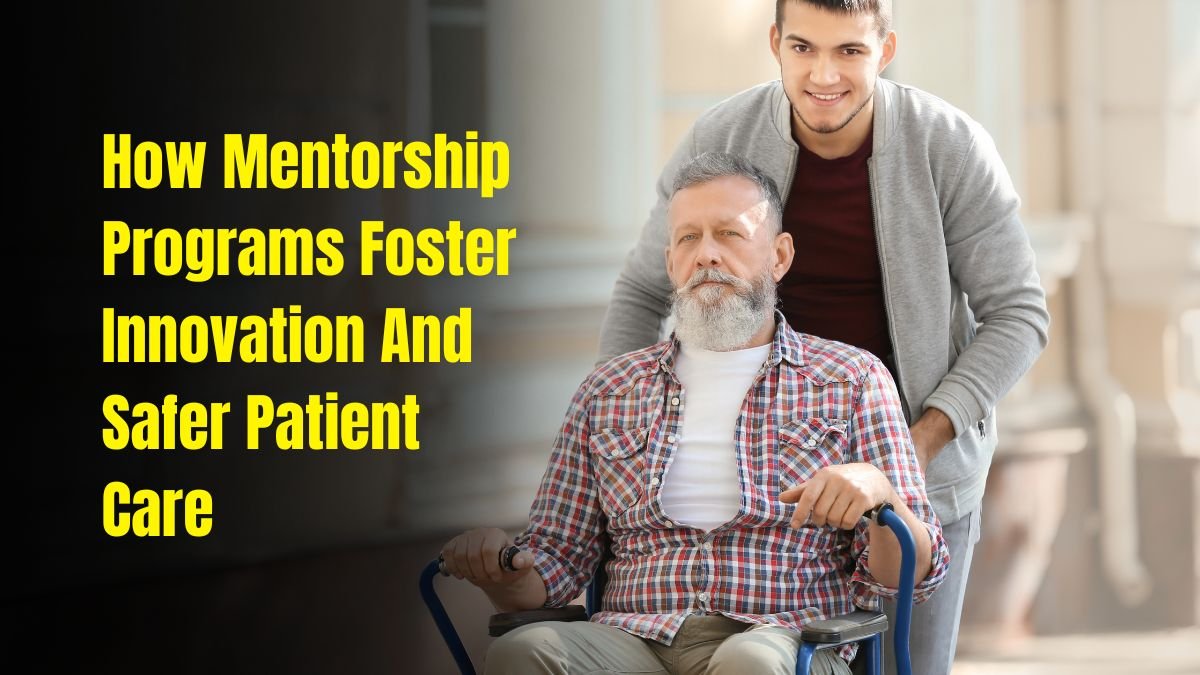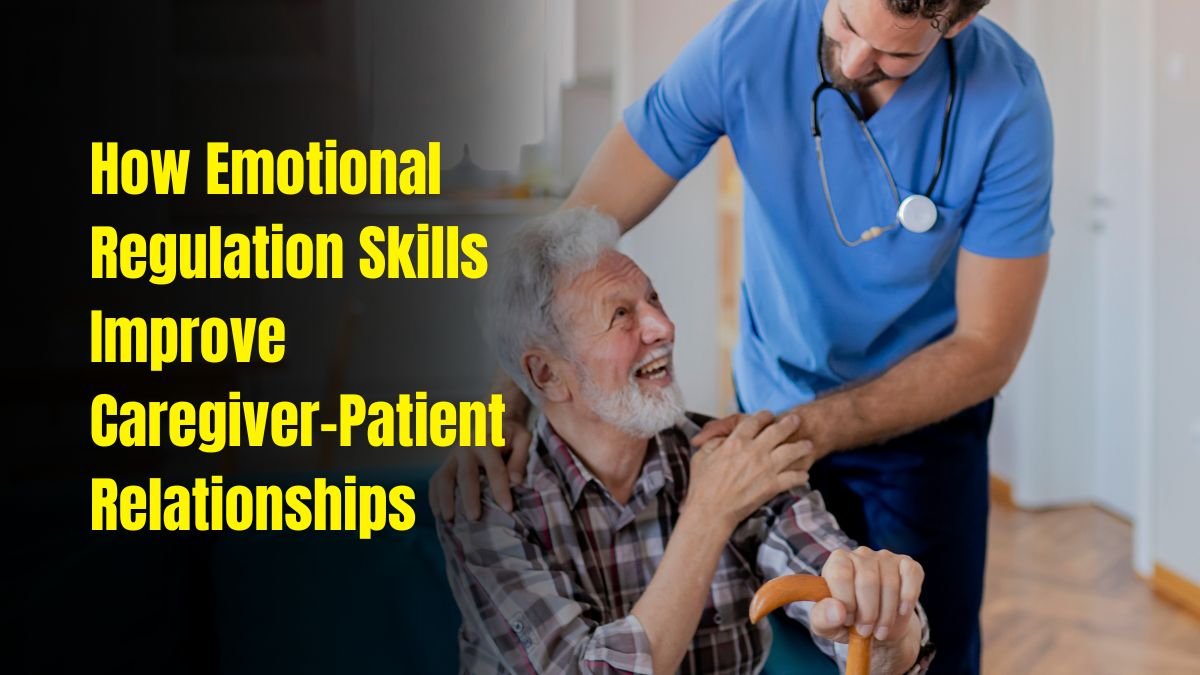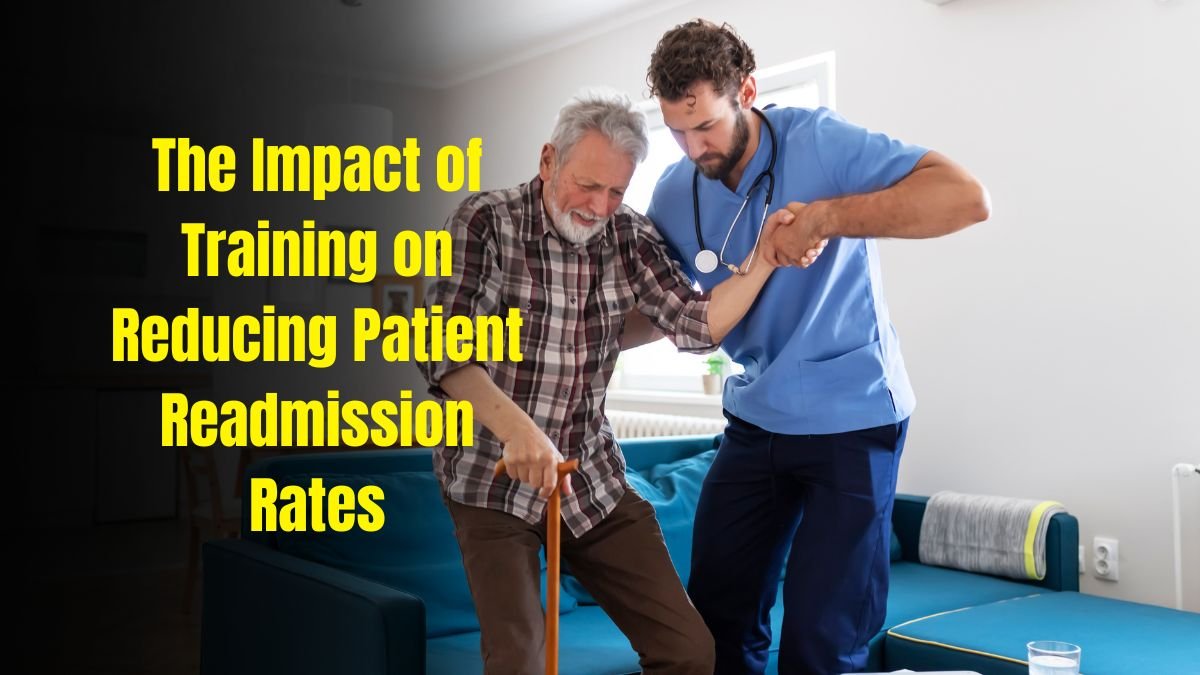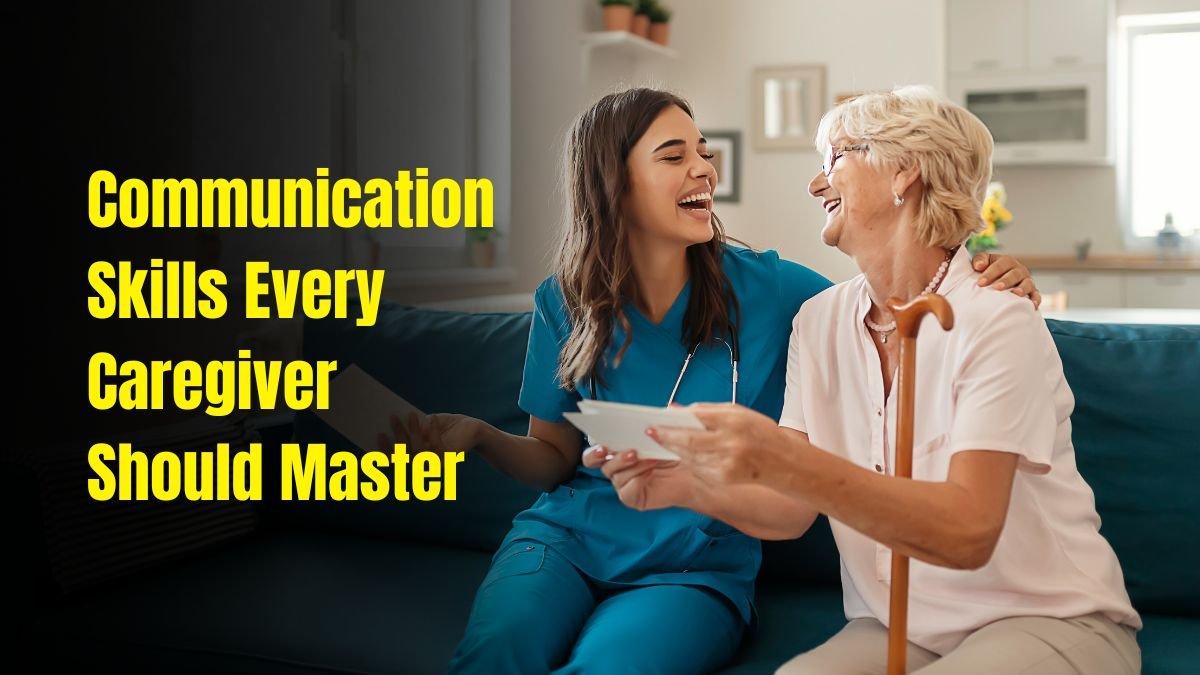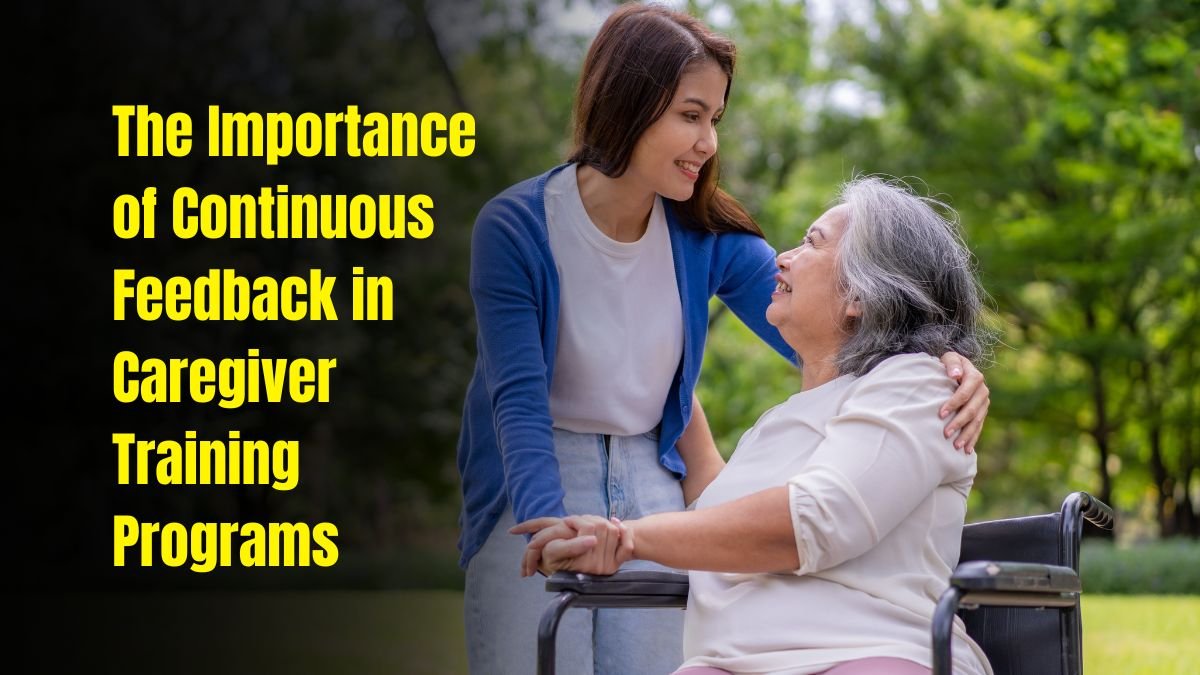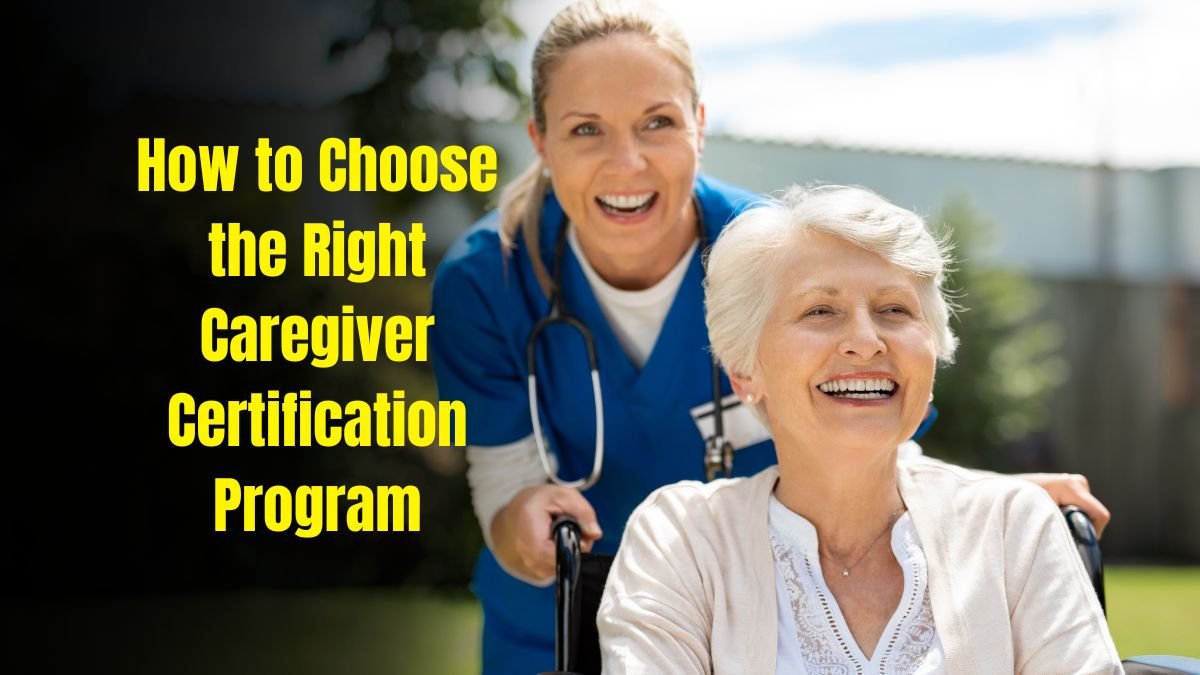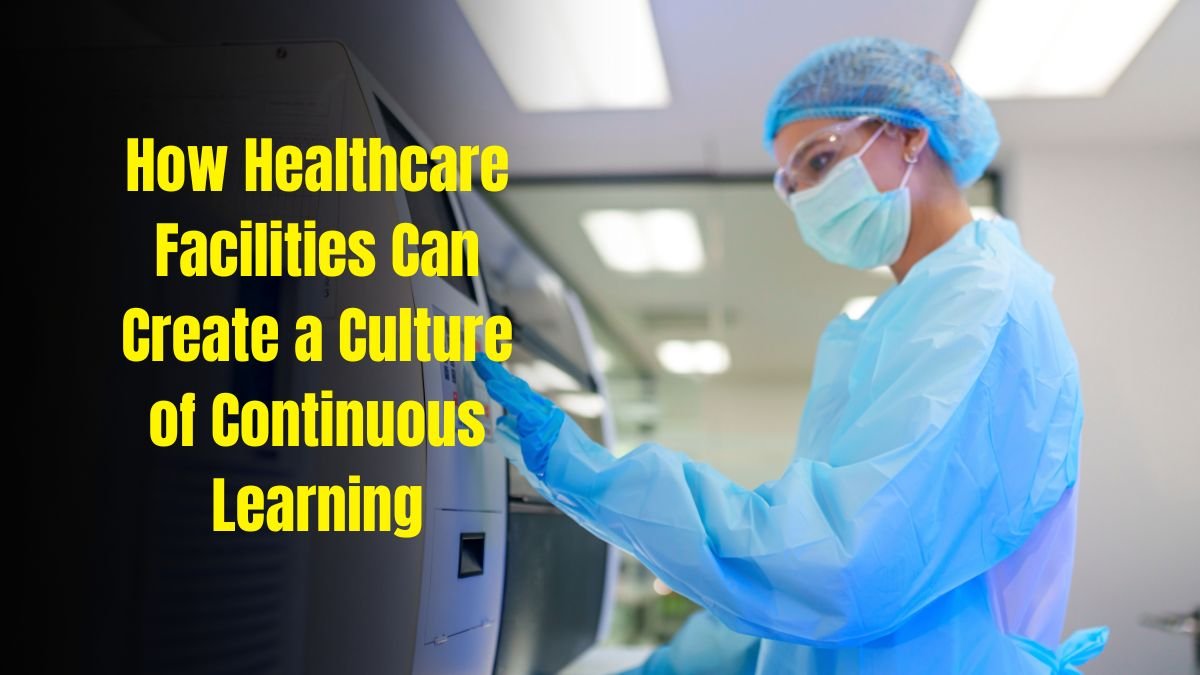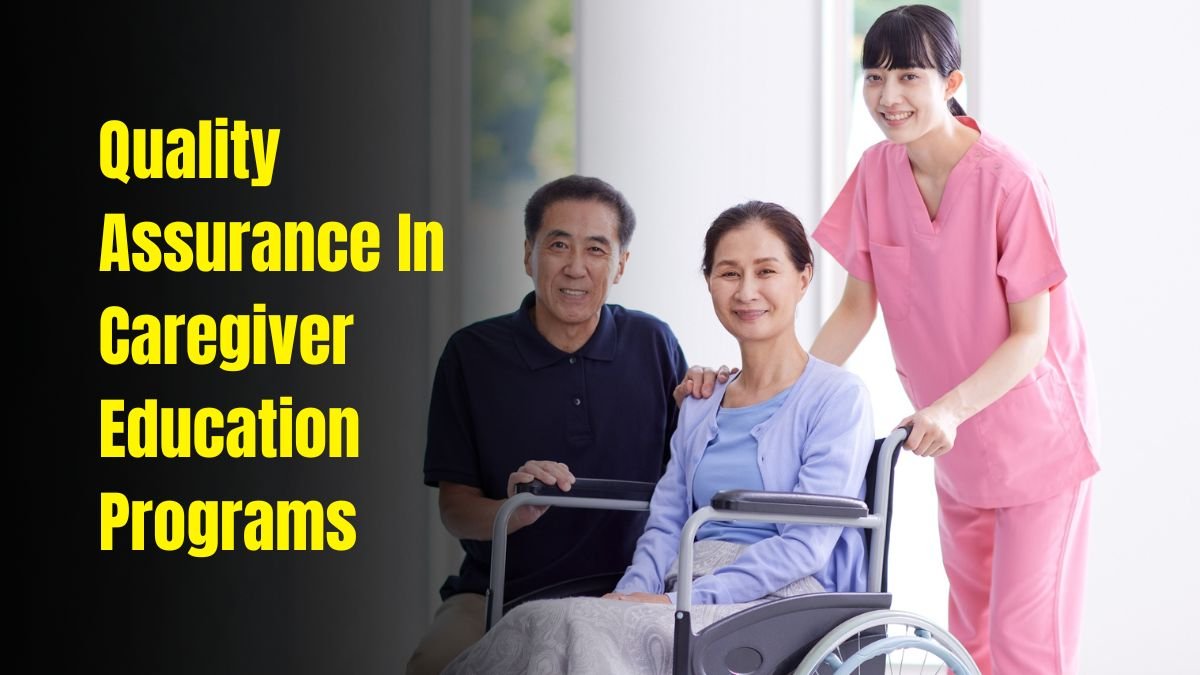In today’s rapidly evolving healthcare landscape, where patient safety, innovation, and workforce development are top priorities, structured mentorship programs have become powerful tools for building resilient and high-performing healthcare teams. These programs not only bridge the gap Continue reading
How Emotional Regulation Skills Improve Caregiver-Patient Relationships
In today’s healthcare world, emotional intelligence and emotional regulation skills have become as important as clinical competence. Whether it’s a professional nurse, home aide, or family member providing care, how a caregiver manages their emotions directly shapes the quality Continue reading
The Impact of Training on Reducing Patient Readmission Rates
Hospital readmissions are expensive, disruptive for patients, and increasingly tied to reimbursement. In 2025, the evidence is clear: targeted, well-designed training—from discharge education and medication reconciliation to nurse-led transitional care, pharmacist-led follow-up, and team-based simulation—can meaningfully reduce 30-day returns to the hospital. Continue reading
Communication Skills Every Caregiver Should Master
In the world of caregiving, communication is as vital as clinical skill. Whether you are assisting older adults, patients with disabilities, or individuals recovering from illness, your ability to communicate effectively can determine the quality of care, emotional Continue reading
The Importance of Continuous Feedback in Caregiver Training Programs
In today’s fast-evolving healthcare world, the expectations placed on caregivers are greater than ever before. From providing physical assistance to managing emotional, ethical, and medical complexities, the role requires adaptability, empathy, and continuous growth. Yet, Continue reading
How to Choose the Right Caregiver Certification Program
Choosing a caregiver certification program isn’t just about picking the nearest school—it’s about matching your career goals with programs that meet current regulations, deliver recognized credentials, and help you pass required competency exams on the first try. This 2025 guide distills Continue reading
How Healthcare Facilities Can Create a Culture of Continuous Learning
A culture of continuous learning turns everyday clinical work into an engine for safer care, better outcomes, and stronger retention. In 2025, with RN turnover averaging 16.4% and each RN exit costing about $61,110, the ROI of learning isn’t theoretical—it’s Continue reading
Integrating Mental Health Awareness Into Caregiver Training
In an age where chronic illnesses, aging populations, and mental health crises intersect, caregivers are often the backbone of support systems. Yet caregivers themselves are under immense stress—physically, emotionally, and psychologically. Integrating mental health awareness Continue reading
Quality Assurance In Caregiver Education Programs
As global demand for caregivers continues to rise, ensuring the quality of caregiver education programs has become more important than ever. Quality assurance (QA) guarantees that the training caregivers receive is competent, consistent, and credible, ultimately safeguarding those Continue reading
How Cross-Disciplinary Training Creates More Adaptive Care Teams
Modern healthcare is more dynamic than ever before. Medical breakthroughs, emerging diseases, technological innovations, and workforce shortages are transforming how care is delivered. To meet these challenges, healthcare systems need care teams that can quickly adapt, learn, and respond to change. Continue reading

